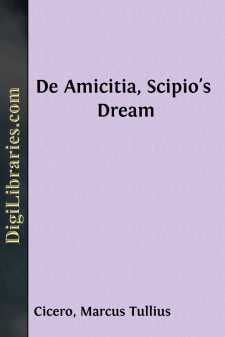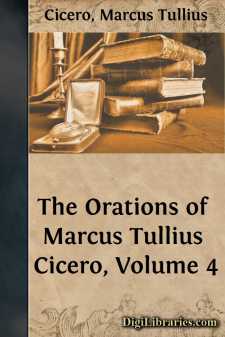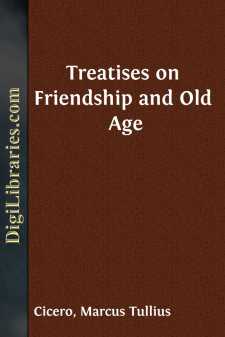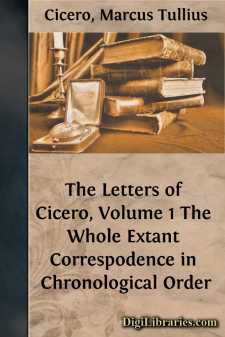Categories
- Antiques & Collectibles 13
- Architecture 36
- Art 48
- Bibles 22
- Biography & Autobiography 816
- Body, Mind & Spirit 145
- Business & Economics 28
- Children's Books 17
- Children's Fiction 14
- Computers 4
- Cooking 94
- Crafts & Hobbies 4
- Drama 346
- Education 58
- Family & Relationships 59
- Fiction 11834
- Foreign Language Study 3
- Games 19
- Gardening 17
- Health & Fitness 34
- History 1378
- House & Home 1
- Humor 147
- Juvenile Fiction 1873
- Juvenile Nonfiction 202
- Language Arts & Disciplines 89
- Law 16
- Literary Collections 686
- Literary Criticism 179
- Mathematics 13
- Medical 41
- Music 40
- Nature 179
- Non-Classifiable 1768
- Performing Arts 7
- Periodicals 1453
- Philosophy 66
- Photography 2
- Poetry 897
- Political Science 203
- Psychology 45
- Reference 154
- Religion 516
- Science 126
- Self-Help 85
- Social Science 82
- Sports & Recreation 34
- Study Aids 3
- Technology & Engineering 59
- Transportation 23
- Travel 463
- True Crime 29
Marcus Tullius Cicero
Marcus Tullius Cicero was a Roman statesman, orator, and writer, born in 106 BCE, known for his significant contributions to Roman philosophy and politics. He is renowned for his speeches and rhetorical works, including "De Oratore" and "In Catilinam," which reflect his mastery of Latin prose. Cicero's philosophical writings, such as "De Re Publica" and "De Officiis," explore ethics, political theory, and the role of the statesman, heavily influenced by Greek philosophy. His works shaped Western thought for centuries, making him one of the most influential figures of ancient Rome.
Author's Books:
Sort by:
DE AMICITIA. The De Amicitia, inscribed, like the De Senectute, to Atticus, was probably written early in the year 44 B.C., during Cicero's retirement, after the death of Julius Caesar and before the conflict with Antony. The subject had been a favorite one with Greek philosophers, from whom Cicero always borrowed largely, or rather, whose materials he made fairly his own by the skill, richness,...
more...
THE FIRST PHILIPPIC. THE ARGUMENT When Julius, or, as he is usually called by Cicero Caius Caesar was slain on the 15th of March, A.U.C. 710, B.C. 44 Marcus Antonius was his colleague in the consulship, and he, being afraid that the conspirators might murder him too, (and it is said that they had debated among themselves whether they would or no) concealed himself on that day and fortified his house,...
more...
INTRODUCTORY NOTE MARCUS TULLIUS CICERO, the greatest of Roman orators and the chief master of Latin prose style, was born at Arpinum, Jan. 3, 106 B.C. His father, who was a man of property and belonged to the class of the "Knights," moved to Rome when Cicero was a child; and the future statesman received an elaborate education in rhetoric, law, and philosophy, studying and practising under...
more...
PREFACE The object of this book is to give the English-speaking public, in a convenient form, as faithful and readable a copy as the translator was capable of making of a document unique in the literature of antiquity. Whether we regard the correspondence of Cicero from the point of view of the biographer and observer of character, the historian, or the lover of belles lettres, it is equally worthy of...
more...





